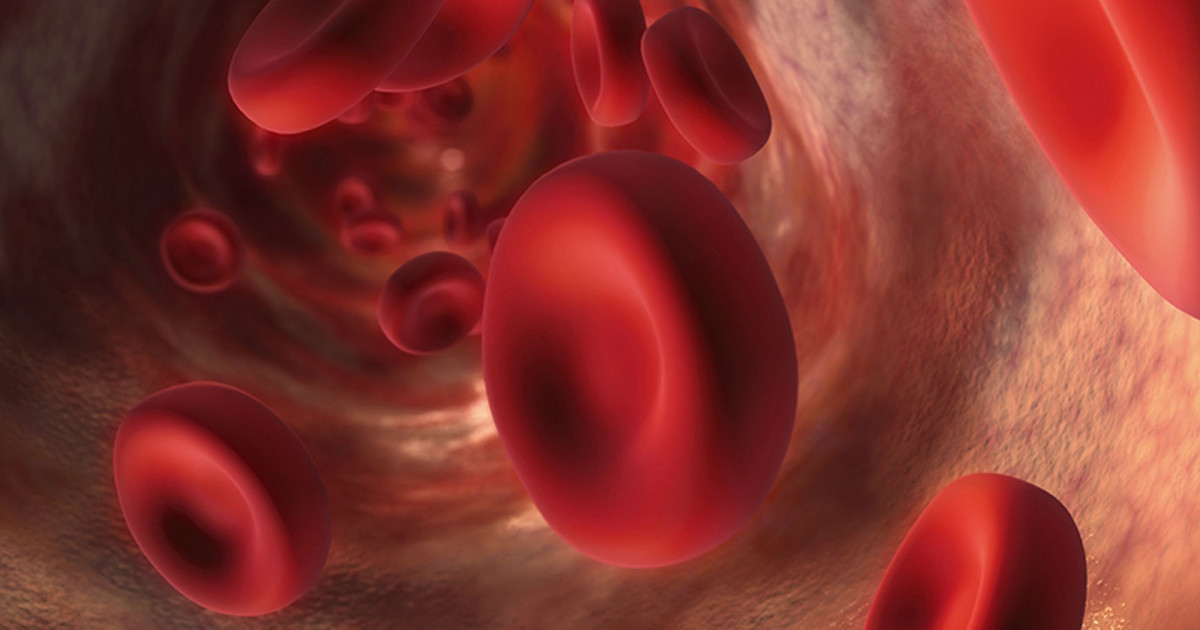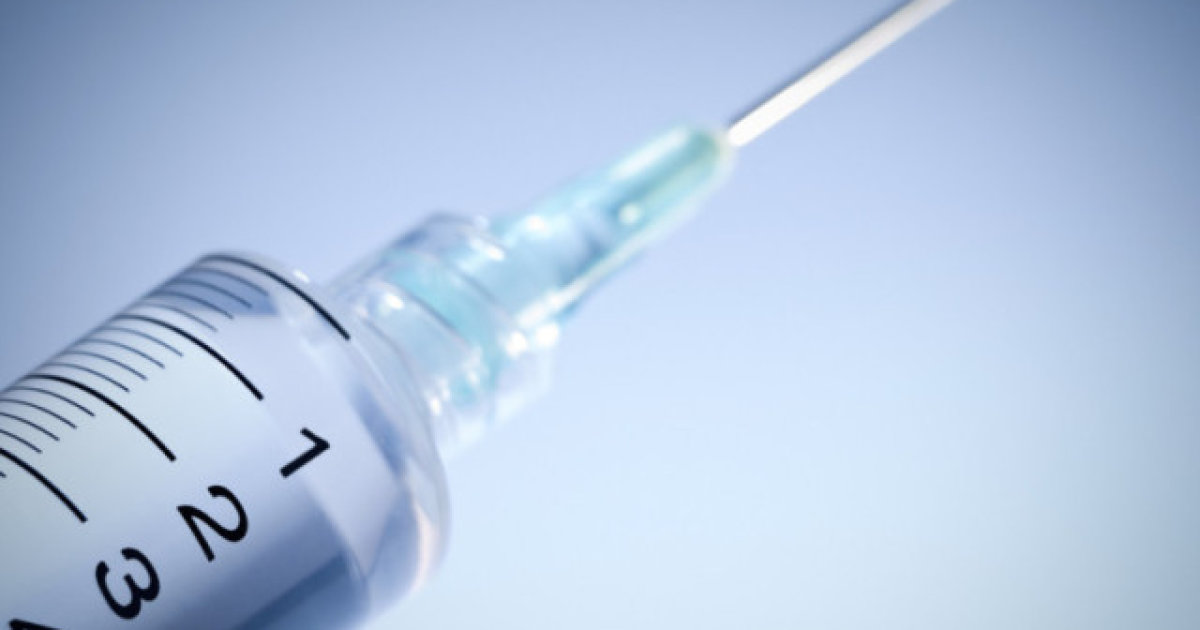Risk Factors And Causes Of Pernicious Anemia
Pernicious anemia is best characterized as a condition where the body is unable to produce enough healthy red blood cells due to an insufficient amount of vitamin B12. This disease is considered an autoimmune disease, which is where the body uses its immune system to attack and damage its own healthy tissues. In this case, the immune system targets the intrinsic factor or a protein the stomach makes that is needed to absorb vitamin B12. Pernicious anemia can result in permanent damage to organs and nerves if it is not treated in a timely manner.
Vitamin B12 Deficiency

A vitamin B12 deficiency can happen for numerous different reasons, however, only certain causes of a lack of vitamin B12 can be considered increased risk factors for pernicious anemia. An individual who has a deficiency of vitamin B12 due to a surgical partial or full removal of the stomach will have an increased risk of pernicious anemia due to low intrinsic factor. In addition, individuals who have a vitamin B12 deficiency because they have had portions of their small intestine (where vitamin B12 is absorbed) surgically removed are also at an increased risk for pernicious anemia.
Individuals who have a disorder or disease of the intestinal tract that interferes with nutrient absorption and causes a deficiency of vitamin B12 also have a higher chance of developing this type of anemia. Furthermore, individuals who have a B12 vitamin deficiency due to a poor or vegetarian diet or due to the use of certain medications that interfere with proper absorption are both more likely to develop pernicious anemia.
Macrocytes

When the body does not have a sufficient supply of vitamin B12, macrocytes (or megaloblasts) or abnormally large red blood cells are produced by the body. Sometimes the size of the abnormal cells does not allow them to leave the bone marrow and travel into the bloodstream the way normal red blood cells do. This means there are fewer cells in the bloodstream capable of carrying oxygen to the various tissues around the body. This is due to the irregularly large cells being produced instead of normal red blood cells.
When an individual has these abnormally large cells in the blood, it is called macrocytic anemia. Someone who has macrocytic anemia has more of a chance of having pernicious anemia than others, simply because pernicious anemia is a subtype of macrocytic anemia. Usually, when pernicious anemia is associated with megaloblasts, symptoms manifest as general weakness, excessive fatigue, and lightheadedness. These symptoms occur from the lack of oxygen supply to the body tissues due to the presence of too many megaloblasts.
Lack Of Intrinsic Factor

Intrinsic factor is a protein in the stomach required for the body to extract vitamin B12 from food. The parietal cells in the stomach lining are responsible for producing this intrinsic factor and hydrochloric acid. In cases of pernicious anemia, the body will produce antibodies that target and destroy the parietal cells that produce intrinsic factor. In addition, an individual's body will also create intrinsic factor antibodies that target and attack any intrinsic factor produced via the parietal cells.
A general lack of intrinsic factor due to immune system attacks using these certain antibodies is considered pernicious anemia. The only way for a patient with no intrinsic factor to get sufficient amounts of vitamin B12 is through injections, since intrinsic factor is associated with problems that occur in the digestive tract. Because there is no functioning intrinsic factor in such patients, they will need continuous vitamin B12 replacement bypassing the digestive tract for the duration of their life. The reason for this is there is no way to cure these issues with the cells that produce intrinsic factor.
Type 1 Diabetes

Type 1 diabetes is an autoimmune disease characterized by the immune system targeting and attacking the beta cells of the pancreas that produce insulin. Insulin is a critical hormone that is important to the body because it is responsible for managing blood glucose. Insulin does this by allowing the glucose in the blood to be absorbed into cells so they can undergo normal metabolic processes to produce a usable form of energy.
Because the immune system is creating antibodies that are destroying cells of the pancreas that secrete insulin, it is likely the immune system would also produce another type of antibody following the same mechanism. This can likely be the one that would target and destroy intrinsic factor in the stomach and the cells that produce intrinsic factor. Pernicious anemia is ten times more common in individuals with type 1 diabetes than in individuals who do not have it. Although scientific reasons for this are not exactly clear, it seems to be related to the prevalence of co-occurring autoimmune disorders.
Family History Of The Condition

Over the years, scientific research has identified evidence that there is a genetic factor that causes a determined predisposition to pernicious anemia. Research suggests the production of the parietal cell antibody is influenced by a dominant autosomal gene, which enables a family history of the condition. While the exact mechanism of such genetic factor and its occurrence is not clear at this time, there are other indirect ways pernicious anemia can be caused by genetics. Numerous other autoimmune disorders have a tendency to run in families, and some of these disorders increase the risk of pernicious anemia or even directly cause its development.
Furthermore, it is plausible to link a hyperactive immune response to genetics because of the complicated processes that occur in evolution and natural selection. It is said increased immunity is a naturally selective genetic result of generational exposure to certain types of diseases. This happens because the human body adapts and creates immunity to different things from generation to generation, and that compounded increased immunity may express in the form of an autoimmune disorder like pernicious anemia.
